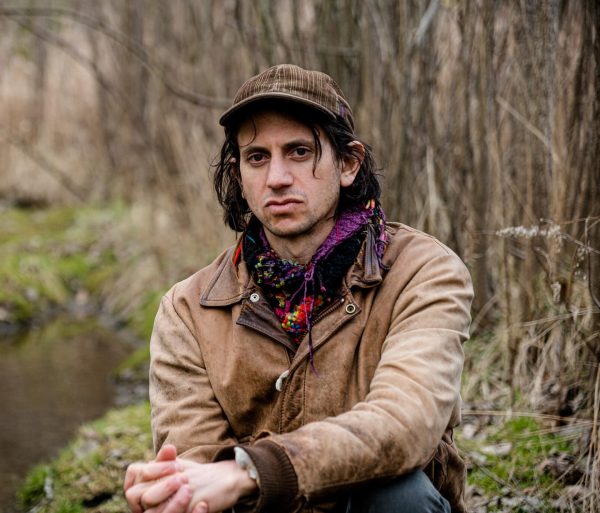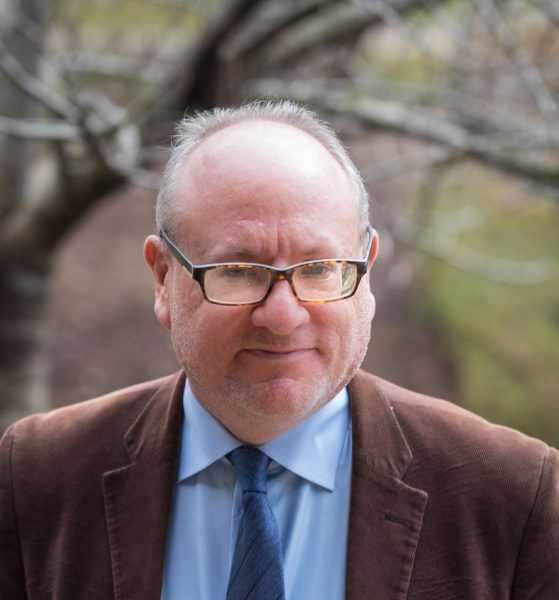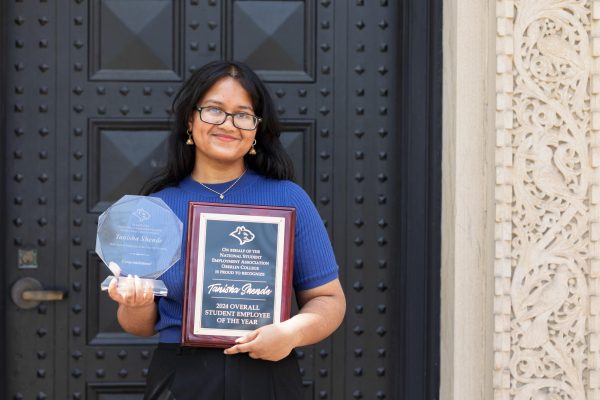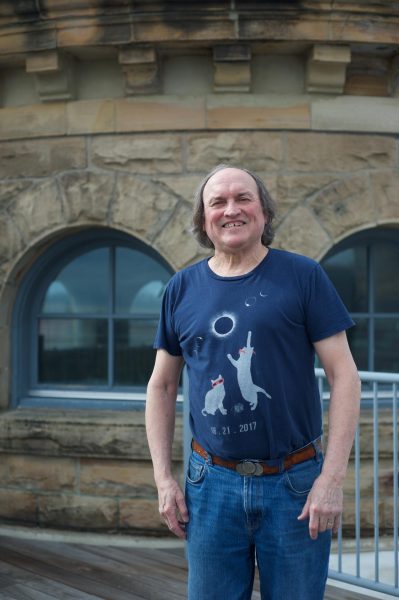Off the Cuff with Asef Bayat, Sociology, Middle Eastern Studies Professor
Asef Bayat, originally from Iran, is Professor of Sociology, Middle Eastern Studies and is the Catherine and Bruce Baistain Professor of Global and Transnational Studies at the University of Illinois, Urbana-Champaign. Bayat completed his B.A. in Politics from the University of Tehran in 1977, and Ph.D. in Sociology and Politics from the University of Kent, from 1978 to 1984. Bayat’s work focuses on social movements and social change, religion and public life, and the urban space and politics. Bayat came to Oberlin to deliver the talk on “Rebel Cities: A View from the Middle East” on April 5. Bayat was the keynote speaker in Oberlin’s spring 2018 Global Issues Symposium, a series of lectures, film screenings, and discussions of cities in the Middle East, Latin America, Africa, and South Asia.
This interview has been edited for length and clarity.
How did you get into the field of sociology?
Originally I’m from Iran — I was born there, I studied politics there — and then switched into more political economy [and] political sociology for my Ph.D. when I went to Britain. After that, I went to the U.S.; I was a post-doc at UC Berkeley, but because I always wanted to go back to the region, especially Iran, my mission was to teach there. But there was war there, and my parents advised me to delay my return. Then I decided to go to Egypt, where I began to teach at the American University [at] Cairo. [I spent] 16 or 17 years over there — I loved it. And after that, in 2003, we left Egypt and went to the Netherlands where I worked for the International Institute for the Study of Islam in the Modern World, which was a consortium of four Dutch universities that created this very interesting interdisciplinary institute to investigate and produce knowledge about the contemporary social, political, cultural, and intellectual trends and movements in contemporary Muslim societies. I was there for seven years, and after that I came to the U.S.
What is your personal research focused on?
It has shifted over the years, because I have been working in the field for a long time. I actually began with a focus on the working class, especially working-class factory workers in the 1979 revolution in Iran. Later on, I shifted a bit from organized and formal factory workers into more informal workers and poor people. Then I published the book, Street Politics. And then I became interested in issues of middle class politics, and the politics of religion, Islam, and Islamism. … I wanted to know the kind of transformations that were taking place, specifically in Iran and Egypt. I published a book called Making Islam Democratic. So I still continued my interest into the politics of ordinary people — first workers, then marginalized women and their struggle, and then youth. I wrote many essays, and a collection of them was originally published in Life of Politics. I present a framework to analyze the politics of the subaltern, the non-elite. I extended the notion of “quiet encroachments” into the case of non-movements, and how individual practices change their lives and change the environment of societies. These were published before the Arab revolutions.
What are your thoughts on the protests that happened in January 2018 across Iran?
I did write a piece about this, which came out in The Atlantic. Those protests often were analyzed in two kinds of ways. One, that these are now a new revolutionary trend, something similar to the Arab revolutions. The other approach is that these were everyday doings. My view was a bit different. The protests were not necessarily the harbinger of the revolution … but nor were they a routine thing. It was pretty extraordinary in the way in which the protests spread to five cities in the course of 10 days. But it was a peculiar protest, in the heart of what I say is an emerging actor called “middle class poor.” These are the educated classes, where they have a lot of middle class dreams and knowledge of the world, but are forced by economic deprivation to live the life of the poor.
How did you get involved with the symposium?
Zeinab Abul-Magd and Sarah El-Kazaz reached out a long time ago, and said there would be a series of lectures related to the Global City. I think the combination of all the lectures from different regions is excellent. I find the students very receptive, and they ask very good questions. We as speakers also get a lot of pleasure talking with and engaging with students.
How do you think students can get further engaged with the politics of the contemporary Middle East?
The Middle East is a region that never stops surprising us in both good and bad ways. So it is so significant to get engaged by following what is happening. But the Middle East is also very much central to the politics of the U.S. However, the way in which the Middle East has been analyzed and understood has by-and-large been very problematic. That is why students who study the Middle East in a different context can make a difference, correct it, and present a realistic and balanced view of the region. This would be both good for America, and the people in the region. Right now, the U.S.’s action in the region really only engages its own national interests. There should be a new intellectual elite in the U.S. to inform the foreign policy.









